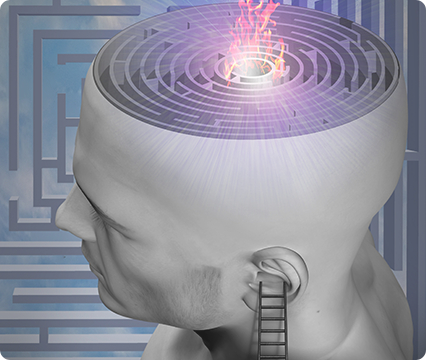Dietary inflammation, sleep and mental health in the United Kingdom and Japan: A comparative cross‐sectional study
Although the impacts might differ among cultures owing to dietary traditions and the frequency of mental and sleep health concerns, nutrition has been consistently linked to mental and sleep health outcomes. In particular, these health consequences have been linked to diets that have the propensity to cause inflammation. The purpose of this study by Hepsomali et al. (2024) was to evaluate the inflammatory state of routine diets and investigate their association with sleep and mental health outcomes in Japan and the United Kingdom, two culturally different nations. The goal was to explore whether cross-cultural differences in health could be explained by the dietary inflammation index (DII) score. The study involved 602 participants aged 18–40 years, with 288 participants from the United Kingdom and 314 from Japan. Participants self-reported their dietary habits, mental health status, and sleep patterns. The DII score, which measures the inflammatory potential of a diet (ranging from −2.79 to 3.49), was calculated based on their dietary intake. Participants in Japan reported fewer severe levels of stress, anxiety, and depression, whereas those in the UK reported greater overall mental wellness. Despite sleeping for shorter periods, Japanese individuals reported improved subjective sleep quality, fewer sleep disruptions, and less daytime dysfunction. Furthermore, compared to individuals in the UK, those in Japan demonstrated greater adherence to an anti-inflammatory diet. In both nations, following anti-inflammatory diets was associated with better sleep outcomes, such as lower usage of sleep aids, less subjective sleep quality, fewer sleep interruptions, and less dysfunction throughout the day. This pattern suggests that following diets with lower inflammatory potential may contribute to better mental and sleep health outcomes. The study concludes by pointing out significant disparities in sleep and mental health outcomes between the UK and Japan, which might be caused by the inflammatory potential of the foods consumed in each nation. These findings suggest that dietary inflammation could play a role in shaping these health outcomes. The advantages of anti-inflammatory diets, especially traditional Japanese diets, for mental and sleep health in clinical and subclinical populations require more investigation. [NPID: Diet, mental health, sleep quality, dietary inflammation index, depression, anxiety, sleep disturbances, anti-inflammatory diet]
Year: 2024
 Navigation
Navigation








